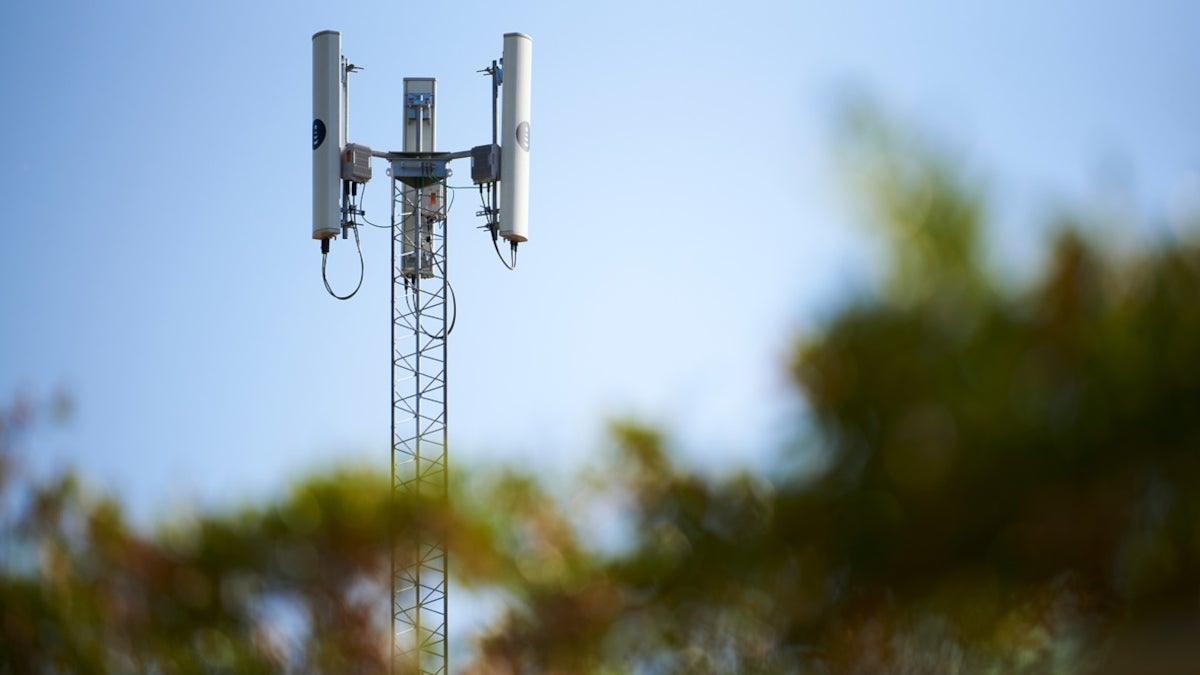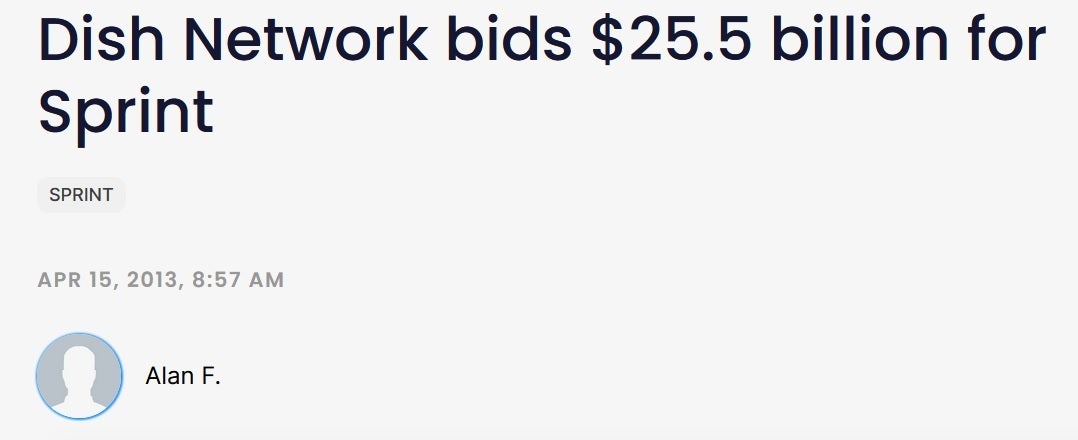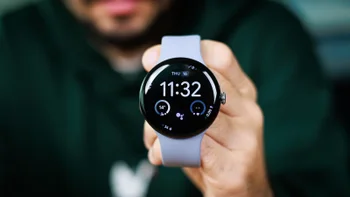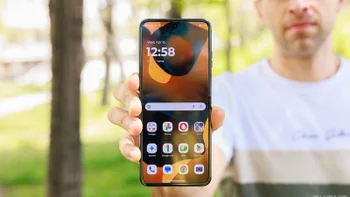Dish Wireless lost 210K net subscribers in Q2, but the trend is improving

Dish released its second-quarter earnings report today which reveals that wireless subscribers continue to leave Dish Wireless in large numbers. During the second quarter of this year, 210,000 net subscribers left leaving 7.87 million customers remaining. Since the company started offering wireless service in August 2020, it has lost 1.1 million wireless customers, or 12.3% of the number that it started with.
Dish was chosen to be a replacement for Sprint to keep competition in the industry static
Dish co-founder and Chairman Charlie Ergen had long wanted to get into the wireless business. He tried to buy Sprint for $25.5 billion back in 2013 but lost out to Japan's SoftBank. Four years later, Dish was the second largest bidder behind T-Mobile in the FCC's auction of 600MHz low-band spectrum. The latter spent $7.9 billion while Dish's winning bids added up to $6.21 billion.

Remember this headline from 2013?
When T-Mobile needed some help convincing the FCC to allow it to buy Sprint, Dish agreed to become the nation's "fourth nationwide facilities-based network competitor," replacing Sprint to keep the number of major U.S. wireless providers at four. The FCC didn't want that number to decline for fear it would lead to less competition in the industry and higher prices for consumers.
Despite losing 210,000 net customers in the second quarter, the number was less than the 343,000 net customers that left Dish during the first quarter, and the 245,000 that dropped Dish Wireless during the fourth quarter of 2021. During those three quarters, Dish saw its churn rate, the percentage of its customers that up and left for another carrier, decrease from the 4.95% it reported during Q4 or 2021, to 4.64% during this year's Q1, and 4.39% for the just reported Q2 of 2022.
Make no mistake about it. Despite the improving trend in both the number of departing customers and the churn rate, these numbers (especially the churn rate) are not good. Looking to stop the bleeding, Dish in June started offering a $25 per month "forever" unlimited plan for its Boost MVNO. Priced at roughly half of what the competition charges for unlimited 5G, the only restriction is that consumers have to sign up for autopay and have the monthly fee automatically charged on their cards or removed from their bank accounts.
An MVNO is a mobile virtual network that doesn't own a network. Wireless capacity is purchased from both T-Mobile and AT&T and sold to customers at a profit.
Dish shares soared during the regular trading session on Nasdaq
Last November, Boost debuted a $100 per year plan that gives subscribers unlimited talk and text along with 1GB of high-speed data each month. Called the "Carrier Crusher" plan, the price works out to about $8.33 per month and is designed for those who have costly unlimited plans but use less than 10GB of data each month. According to a 2019 report from Reach Mobile that was cited by Boost, 45% of Americans have an unlimited plan but 33% use less than 5GB of data monthly.
For the second quarter of the year, Dish reported revenue of $4.21 billion compared to $4.49 billion generated during the same quarter last year. That is a 6.2% decline. Net income came in at $522.8 million, off 22.1% year over year. Diluted earnings per share (which includes all outstanding shares including the conversion of certain debt to equity) came to 82 cents versus $1.06 the year before, a 22.6% year-over-year drop.
Dish met the FCC's requirement that it covers 20% of the U.S. population with its 5G signals by June 14th. By that same date next year, Dish must have its 5G signals cover 70% of the U.S. population or else pay the FCC a huge fine disguised as a voluntary contribution.
Dish shares rose 6.3% or $1.09 in regular NASDAQ trading to close at $18.22. After hours, the stock rose an additional 16 cents, or .88% to $18.38. The shares are much closer to the 52-week low of $16.20 than the 52-week high of $46.31.
Will Dish Wireless eventually make us forget Sprint? The satellite television content provider's wireless business is not off to a great start but it is how things end up that matters.
Follow us on Google News













Things that are NOT allowed:
To help keep our community safe and free from spam, we apply temporary limits to newly created accounts: